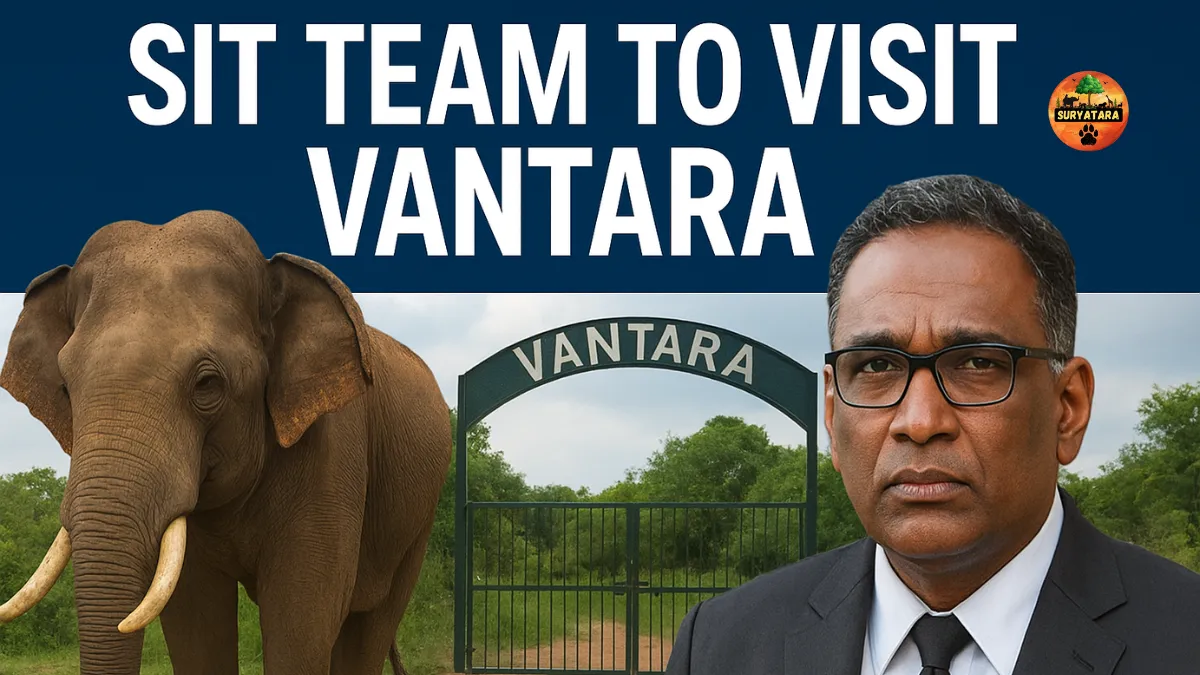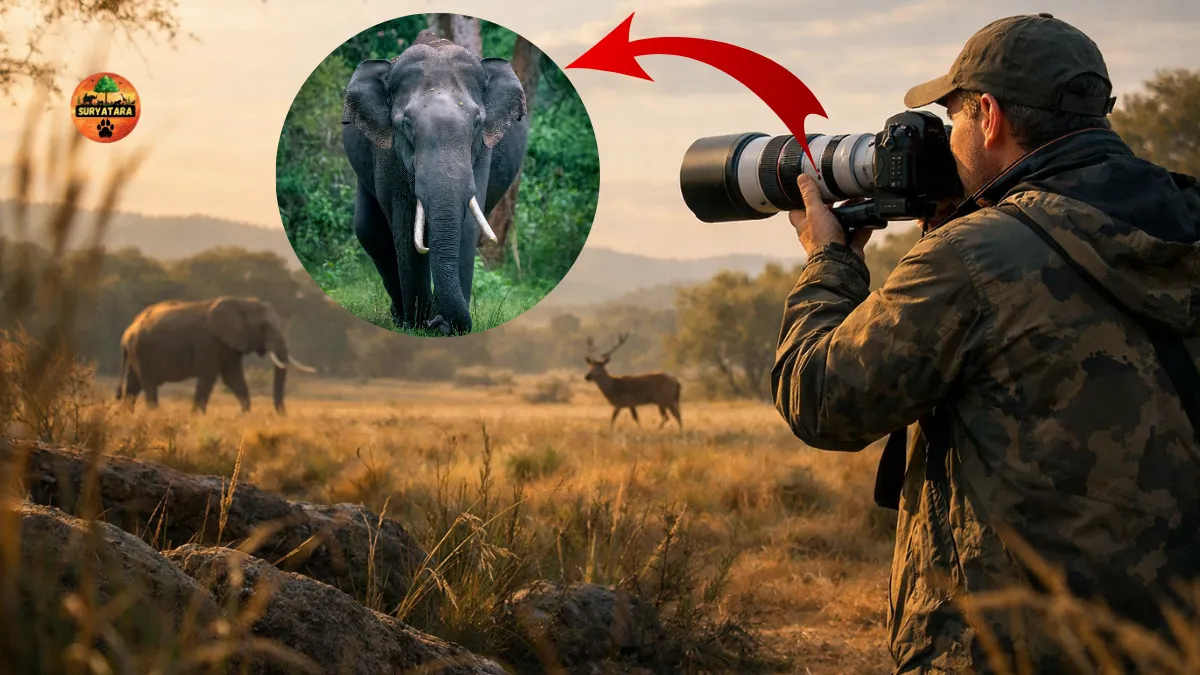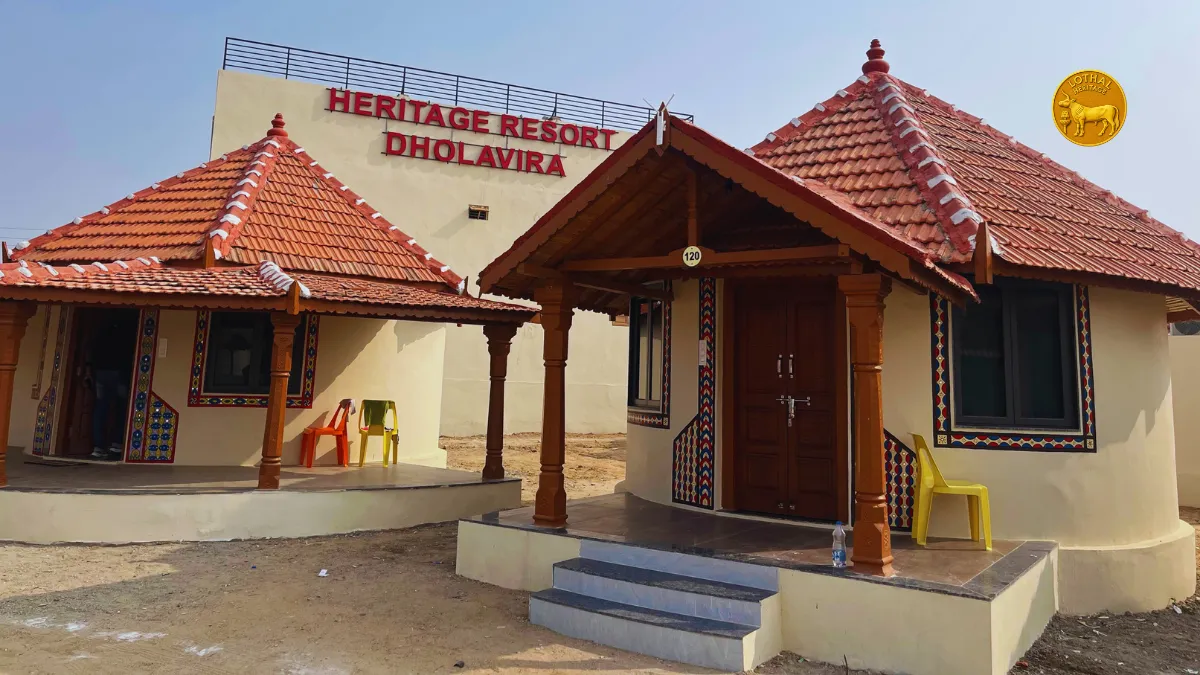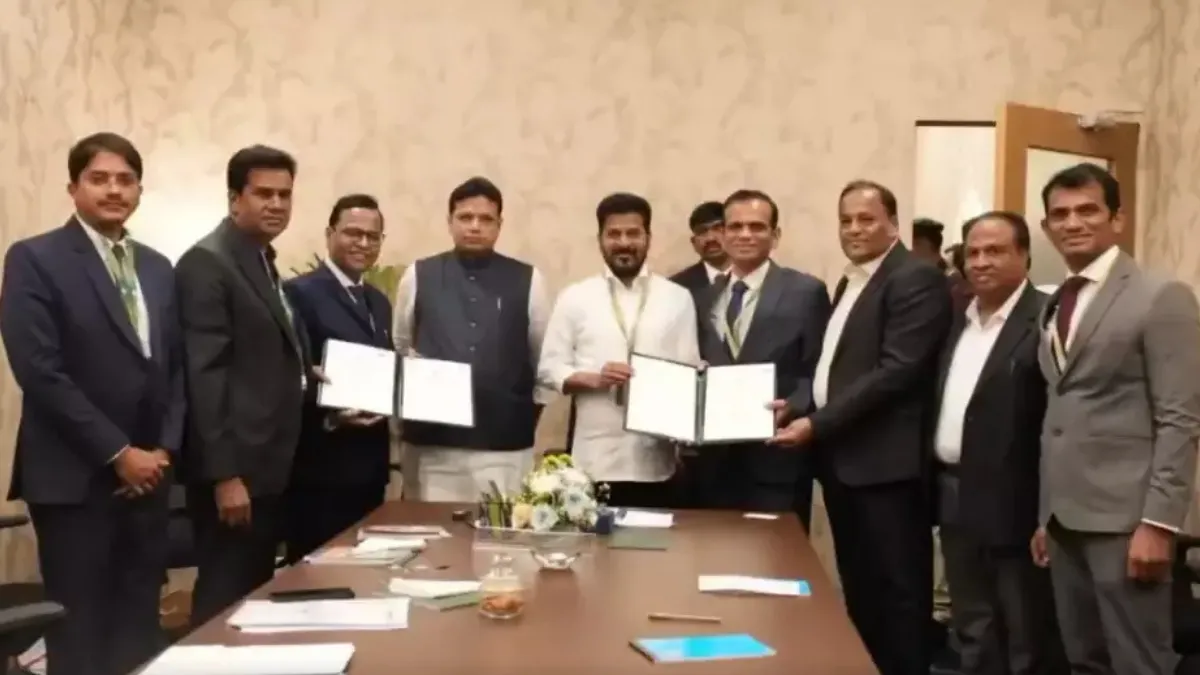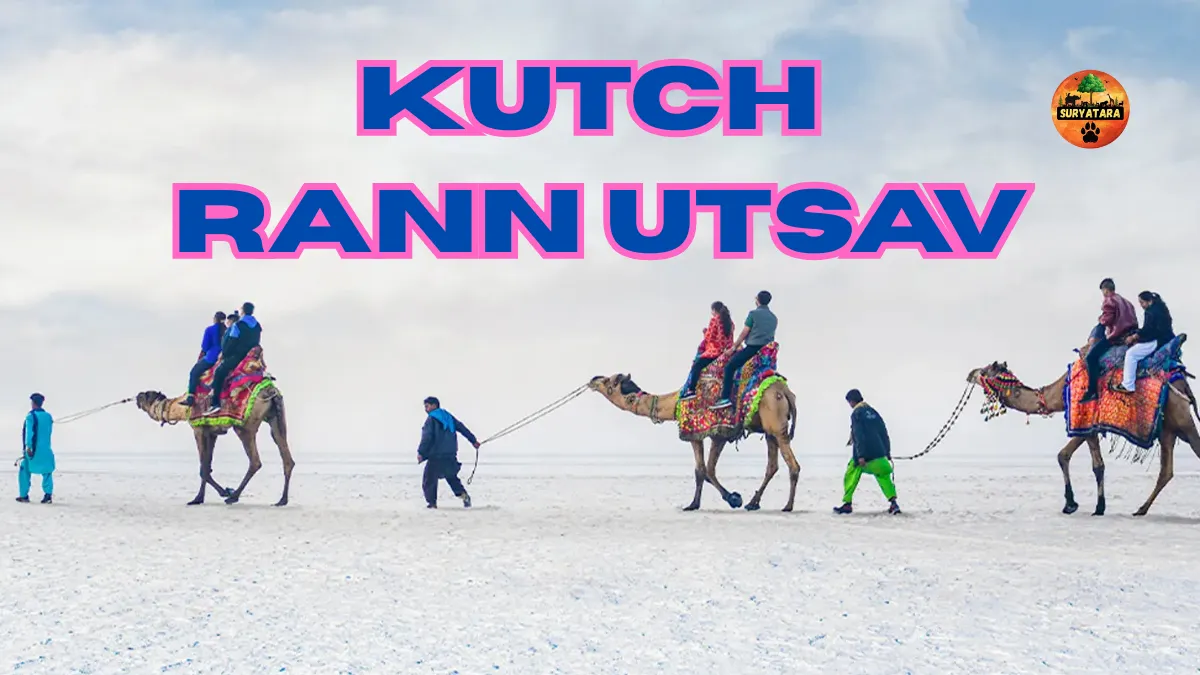Jamnagar, Gujarat – September 4, 2025
SIT Team to Visit Vantara: The Supreme Court of India has taken a significant step in addressing ongoing concerns about wildlife protection, animal rights, and regulatory compliance at one of India’s most talked-about conservation centres. A Special Investigation Team (SIT), headed by former Supreme Court Judge Justice Jasti Chelameswar, has been appointed to conduct a detailed probe into the operations of Vantara Wildlife Centre, located in Jamnagar, Gujarat.
The SIT team will visit Vantara starting today, September 4, 2025, for a three-day inspection. This move comes after weeks of legal debates, media attention, and nationwide discussions over the treatment, acquisition, and care of animals, particularly elephants, at Vantara.
Supreme Court Appoints SIT to Investigate Vantara
On August 25, 2025, the Supreme Court officially constituted the SIT to look into allegations against the Reliance Foundation-owned wildlife rescue and rehabilitation centre, Vantara. The panel will investigate issues ranging from financial transparency and animal acquisitions to compliance with Indian and international wildlife laws.
The SIT has been formed under the leadership of Justice J. Chelameswar, with other eminent members:
- Justice Raghvendra Chauhan – Former Chief Justice of Uttarakhand & Telangana High Courts
- Mr. Hemant Nagrale, IPS – Former Mumbai Police Commissioner
- Mr. Anish Gupta, IRS – Additional Commissioner of Customs
This distinguished team is expected to conduct a fair, detailed, and independent examination of Vantara’s practices before submitting a report to the Supreme Court.
What Will the SIT Examine?
According to legal analyst Tarun Nangia, host of Legally Speaking with Tarun Nangia, the SIT’s visit will not be symbolic but rather a comprehensive fact-finding mission. The team has been tasked with evaluating multiple aspects of Vantara’s functioning.
The SIT will investigate and prepare a report on:
- Financial irregularities and possible money laundering, where agencies like ED, DRI, SFIO, and FIU may be brought into the investigation.
- Acquisition of animals, including elephants and other species, both from within India and abroad.
- Compliance with the Wildlife Protection Act, 1972, and adherence to rules applicable to recognized zoos.
- Compliance with CITES regulations (Convention on International Trade in Endangered Species).
- Animal husbandry and veterinary standards, including welfare practices, medical care, and mortality rates.
- Location-related concerns, such as whether the industrial zone and Jamnagar’s climate are unsuitable for certain species.
- Allegations of vanity collections, misuse of biodiversity, and private accumulation of exotic animals.
- Use of natural resources, including possible misutilisation of water resources and carbon credit schemes.
- Illegal wildlife trade and smuggling allegations, particularly in exotic animals.
- Any additional issues relevant to the allegations, ensuring no aspect is left unexamined.
This wide scope ensures that the probe is not limited to one or two incidents but instead addresses systemic questions about transparency, animal rights, and environmental responsibilities.
Vantara: India’s Largest Wildlife Rescue and Rehabilitation Centre
Established by Reliance Foundation under the leadership of Anant Ambani, Vantara has often been projected as one of the largest and most advanced wildlife rescue, rehabilitation, and conservation centres in Asia. Spread across thousands of acres in Jamnagar, the facility is home to a wide range of animals, including elephants, lions, tigers, and exotic species brought from India and other countries.
The centre promotes itself as a safe haven for injured, abused, and abandoned animals. According to its official website, Vantara aims to provide world-class veterinary care, rescue operations, and conservation programs to protect wildlife.
However, critics and activists have frequently raised concerns that the scale of operations may blur the line between genuine conservation and private collection. This is one of the central issues the SIT will now probe.
The Elephant Controversy: Relocation of Mahadevi
The controversy that brought Vantara into the national spotlight revolves around Mahadevi, a 30-year-old elephant, who was relocated from a Jain temple in Kolhapur, Maharashtra, to the Radhe Krishna Elephant Welfare Trust in Jamnagar, which is linked to Vantara.
While the relocation was recommended by a High-Power Committee citing better animal welfare, the temple trust strongly opposed the move, arguing that it violated religious traditions.
The matter reached the courts, and in July 2024, the Bombay High Court upheld the relocation order. Later, the Supreme Court also dismissed an appeal against the transfer, effectively allowing the elephant’s relocation to Vantara.
Animal rights groups welcomed the decision, calling it a progressive step for elephant welfare, but opponents argued that it symbolized the growing dominance of private trusts in matters traditionally handled by government-run wildlife institutions.
Why the SIT Probe Matters
The SIT team to visit Vantara has broader implications beyond this single case. Several key reasons make this investigation nationally significant:
- Wildlife Governance in India – The case tests how India balances private initiatives like Vantara with public accountability in wildlife conservation.
- Transparency in Animal Acquisitions – If animals are being moved from temples, circuses, or foreign nations, questions arise about legality and ethics.
- Environmental Responsibility of Corporates – The probe will highlight how large corporations handle biodiversity conservation, sustainability, and use of natural resources.
- Global Image of India – Since Vantara houses many endangered species, the findings will influence how India is viewed internationally under CITES and other treaties.
Public and Expert Reactions
Wildlife experts, environmentalists, and animal welfare organizations have expressed mixed reactions:
- Supporters of Vantara argue that the facility has provided shelter and medical care to animals who otherwise faced neglect or abuse. They highlight that Vantara is a unique blend of private funding and conservation efforts, which can reduce pressure on government-run zoos.
- Critics, however, claim that without transparency and oversight, such centres may become elitist vanity projects, raising ethical concerns over ownership, resource use, and biodiversity rights.
- Legal analysts emphasize that the SIT probe provides an opportunity to set clear precedents for wildlife management in India, ensuring both private and public institutions follow strict guidelines.
Also read: Supreme Court Forms Vantara SIT to Probe Animal Acquisition and Compliance Issues
What Happens Next?
The SIT’s three-day visit to Vantara is only the beginning. After collecting documents, conducting field inspections, and speaking with staff and experts, the team will compile a detailed report for the Supreme Court.
The report will determine whether Vantara complies with national and international wildlife laws, maintains proper animal welfare standards, and uses resources responsibly. Depending on the findings, the Supreme Court could order:
- Corrective measures for Vantara
- Stronger monitoring of private wildlife facilities
- Policy reforms for animal welfare in India
- Possible legal proceedings if violations are confirmed
Also read: Vantara Gives New Life to Giant Elephant: The Inspiring Story of Puthuppally Sadhu
Conclusion: SIT Team to Visit Vantara
The SIT team to visit Vantara marks a turning point in India’s wildlife governance. The investigation will not only decide the future of Anant Ambani’s Vantara project but also influence how private entities can contribute to conservation while staying accountable to the law.
As the nation watches closely, the SIT’s findings will shape debates on animal welfare, environmental ethics, and corporate responsibility in India. Whether Vantara emerges as a global model of conservation or faces stricter regulatory scrutiny, the next few weeks are bound to have far-reaching implications.
